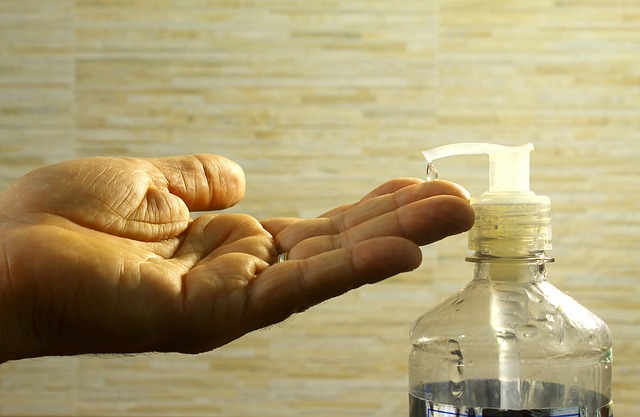
With flu season just a month away, it’s important to remember to wash your hands frequently. But which soaps should you be washing your hands with?
The conversation surrounding the benefits and dangers of antibacterial soap use has recently evolved into a hot button issue in the health care world. Long ago, the only places where antibacterial soaps were present were in hospitals and laboratories: essentially environments where sterility is a must.
Since then, antibacterial soaps have begun appearing everywhere, growing into a common household item, available for purchase at nearly every pharmacy and grocery store in America. Each of these brands of soap prominently boast about how they kill 99.9% of bacteria, which to the everyday shopper, seems infinitely more appealing than plain old bar soap. While eliminating bacteria significantly reduces the chances to developing a number of harmful infections, there’s a catch.
Much like antibiotics like Penicillin, overuse of antibacterial soaps can actually cause bacteria to grow resistant to antibacterials. While the less resilient bacteria will be killed by the antibacterial soap, the remaining bacteria may eventually adapt into bacterial strains that can’t be killed by antibacterials. This may include dangerous bacterial infections like MRSA.
While exposure to bacteria may put you at risk for some infections, your immune system has the ability to fight off a near-infinite number of infections on its own. When your immune system encounters bacteria, it actually strengthens it. Think of it like practice, in a way. But if you’re constantly using antibiotics or antibacterial soaps, you’re preventing your immune system from building up the defenses necessary for when bacteria inevitably becomes resilient to those medications.
That’s why it’s important to just use regular, everyday soap whenever you can, especially considering how scientists constantly assert that it’s virtually just as effective as antibacterial soap. However, there’s a time and place for antibacterial soaps and hand sanitizers, seeing as they offer the convenience and portability other soaps generally cannot. For example, if you’re camping, or partaking in any activity that removes you from a clean water source, feel free to use hand sanitizer, as its use won’t require you to rinse your hands using water. The dangers of antibacterial soap use only manifest itself once you begin using these soaps on a daily basis.
For additional information, here are some helpful tips concerning hand sanitizer and soap use, courtesy of the Center for Disease Control and Prevention:
- The best way to remove microbes from your hands is to use water with your soap while washing your hands
- Keep in mind that hand sanitizer does not always remove every single germ
- Ingesting hand sanitizer is extremely unhealthy, and may lead to alcohol poisoning
- Hand sanitizing isn’t as effective when covered in chemicals, such as pesticides
While washing your hands is a great preventative measure in the fight against infections and illnesses, it’s not 100% effective. If you do contract an illness such as influenza or the common cold, visit us at AFC Urgent Care, conveniently located in NW Portland, NE Portland, Beaverton and Lake Oswego.